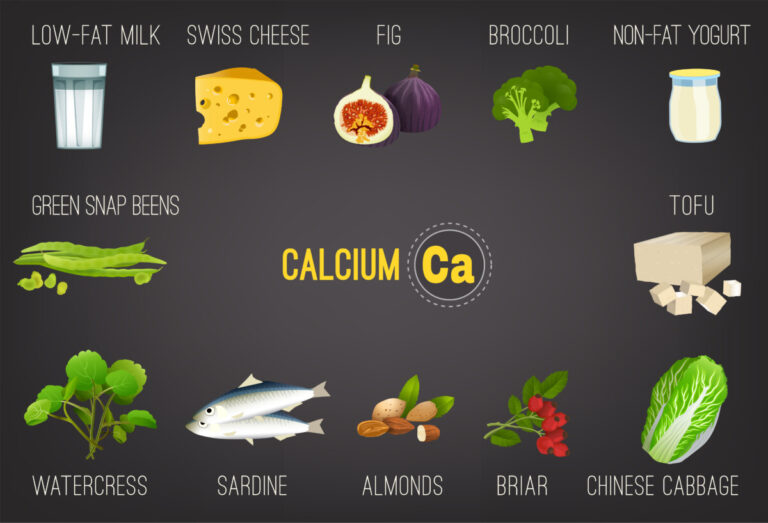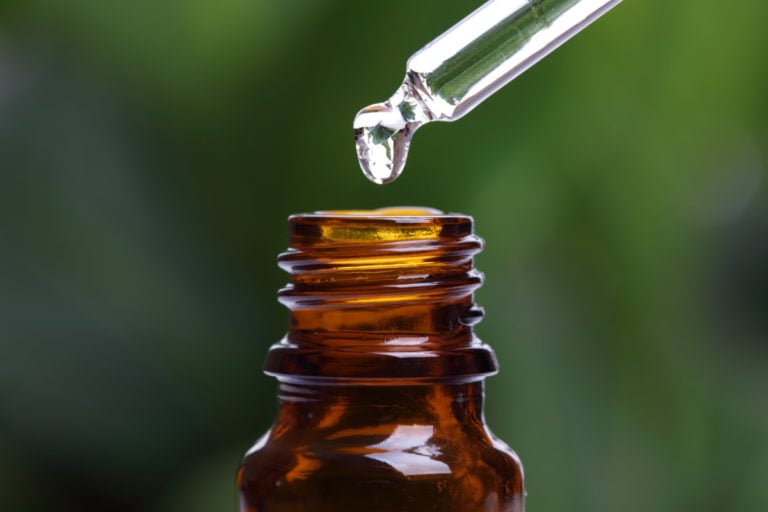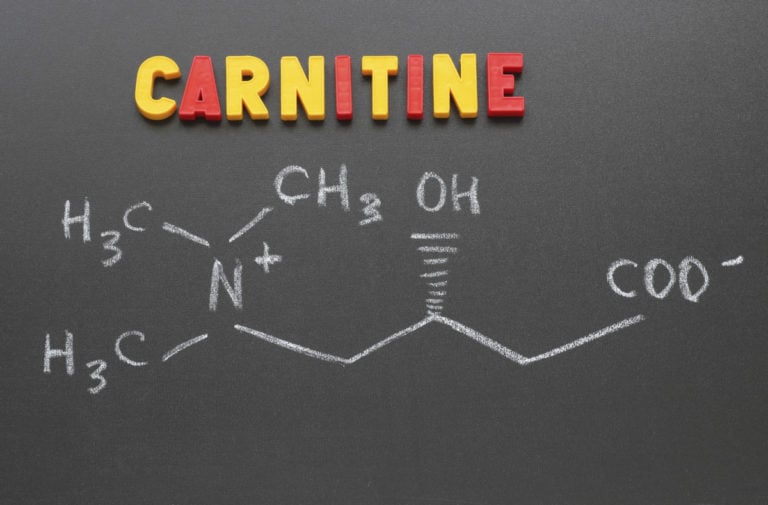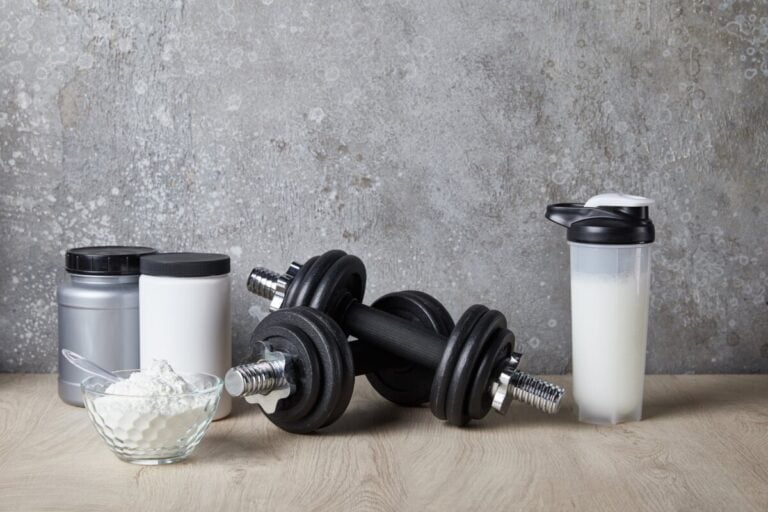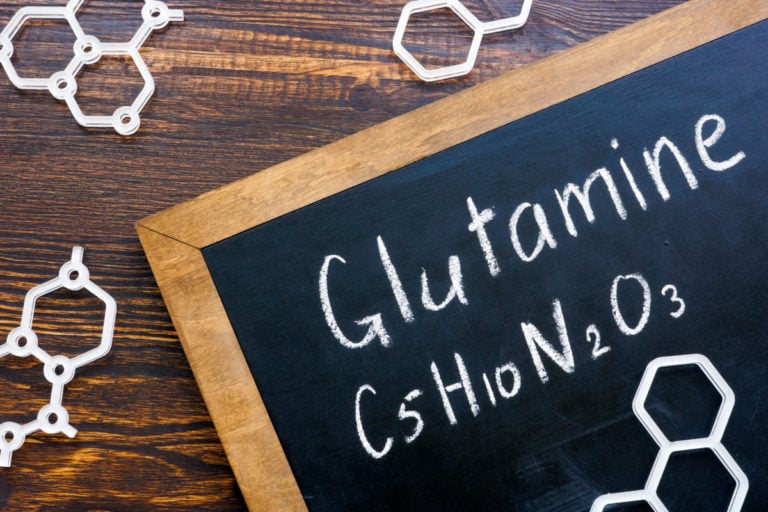Whey Protein is the most popular supplement among gym goers. However, does everyone know what whey protein is?
What are the benefits of using whey protein? What are the types of whey protein? Who Can Take Whey Protein Supplements and What Side Effects May Occur? This article answers the most important questions.
How it is made
The process of removing them is called ultrafiltration. This is how standard whey protein concentrate (WPC-80) is produced. To make whey protein isolate, cooked whey protein concentrate must be subjected to another process that removes lactose and sugar residues.
In order for whey protein to be ready, it must be subjected to final grinding (spray drying). Depending on the desired end result, manufacturers add different flavors, aromas and colors.
What is whey protein?
Whey protein contains all the essential amino acids (L-Leucine, L-Isoleucine and L-Valine) required for proper regeneration, making it a useful source of protein.

It is a high quality protein that is naturally found in milk. Whey protein is widely available commercially. The main consumer of natural supplements are people involved in various sports (including bodybuilding and fitness), who have an increased need for protein.
Who needs it for?
There is no target group of people who can consume whey protein among strength sports enthusiasts.
It’s a natural substance found in milk, so if you’re used to consuming lactose, this might be for you. Women, men, weightlifters, crossfitters, bodybuilders, marathon runners – everyone will find something to use in this supplement to their diet.
Whey protein is recommended for people with increased physical activity, as well as people with an increased need for protein.
Types of whey proteins
There are 3 types of whey protein supplements:
- Whey Protein Concentrate (WPC). The best ratio of price and quality. Contains no more than 80% pure protein.
- Whey protein isolate (WPI). Much more expensive, much better. The so-called highly purified concentrate.
- Whey protein hydrolyzate (WPH). The most expensive, it has the best absorption.
Whey protein composition
Most whey protein concentrates contain approximately 80% pure protein. What about the remaining 20%? Much depends on the manufacturer.

Each concentrate also contains carbohydrates and fats. Usually it is about 12% of the powder. You may be surprised to learn that most proteins are about 4% water. This amount of powder does not cause chemical reactions, so you have nothing to worry about. The remaining 4% are natural minerals in the whey, which would be quite problematic to separate, and because of their health effects, it makes no sense.
Consequences
Whey protein not only contains essential amino acids, but also helps repair and repair muscle tissue.
It is a source of high-grade protein necessary for athletes of “all stripes”. In addition, it is rapidly digested and therefore rapidly absorbed (short amino acid chains).
The use of whey protein among people exercising in gyms and during aerobic training provides anti-catabolic properties. However, the biggest advantage of this product is its very quick and easy preparation.
Expiration date
The expiration date of all products, including protein, MUST be indicated on the packaging.
The consumption of whey protein after the expiration date can lead to stomach problems, mainly due to the loss of its properties due to the additives contained in the powder (various types of preservatives, thickeners, colors, flavor enhancers). Whey protein should be stored in an opaque container, away from sunlight and moisture.

Both heat and exposure to water can cause the growth of microbacteria, which can contribute to a more rapid loss of suitability for consumption.
Lactose intolerance and whey protein intake
The standard concentrate for people who have lactose problems is not available. However, whey protein isolate can do the job.
Good quality whey protein isolate contains a maximum of 0.5 g of lactose per 100 g of product. Similarly, one dose (approximately 30 g of isolate) will contain approximately 0.15 g of lactose. Such an amount should be imperceptible to the average “allergic.” The best solution is to contact the appropriate doctor.
Side effects
Most people who take whey protein supplements do not experience unwanted side effects. However, there are times when gastrointestinal disorders occur, such as intestinal disorders, flatulence, abdominal pain, excessive gas formation.
These effects usually occur in people who consume too much whey protein. On the other hand, if you experience unwanted side effects when taking very small amounts, make sure you are not allergic to whey protein.






